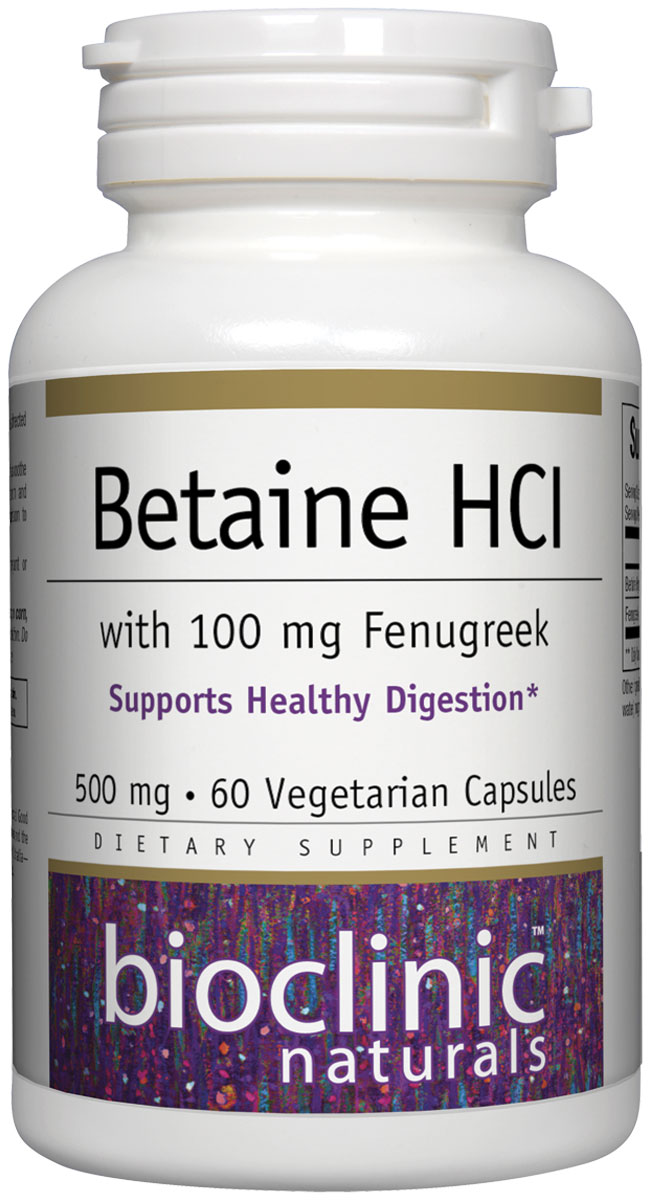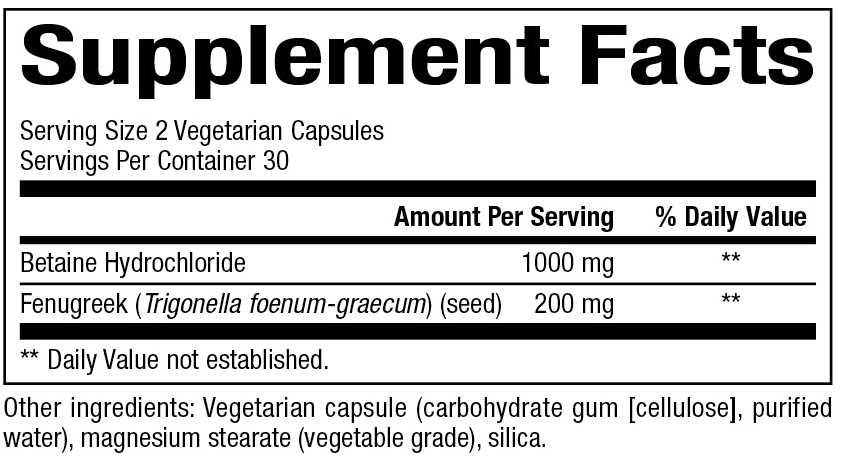
Supports Healthy Digestion*
100 mg
60 Vegetarian Capsules ( SKU: 9229U )
Supplement Facts:

Dosage:
Suggested Usage: 2 capsules at meal times 3 times per day or as directed by a health care professional.
Warnings:
Consult your health care professional prior to use if you are pregnant, trying to become pregnant, breastfeeding, taking medication, have a medical condition, or anticipate surgery. Keep out of reach of children.
Allergens:
Contains no artificial colors, preservatives, or sweeteners; no dairy, starch, sugar, wheat, gluten, yeast, soy, corn, egg, fish, shellfish, animal products, salt, tree nuts, or GMOs. Suitable for vegetarians/vegans.
